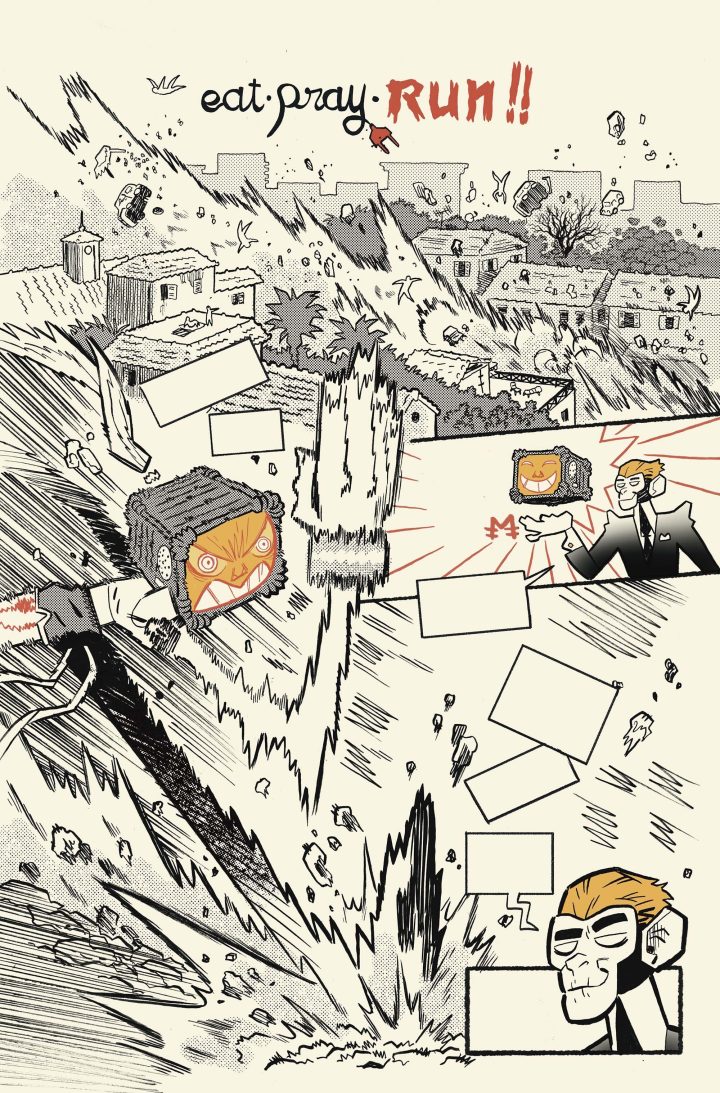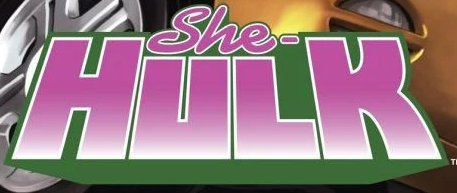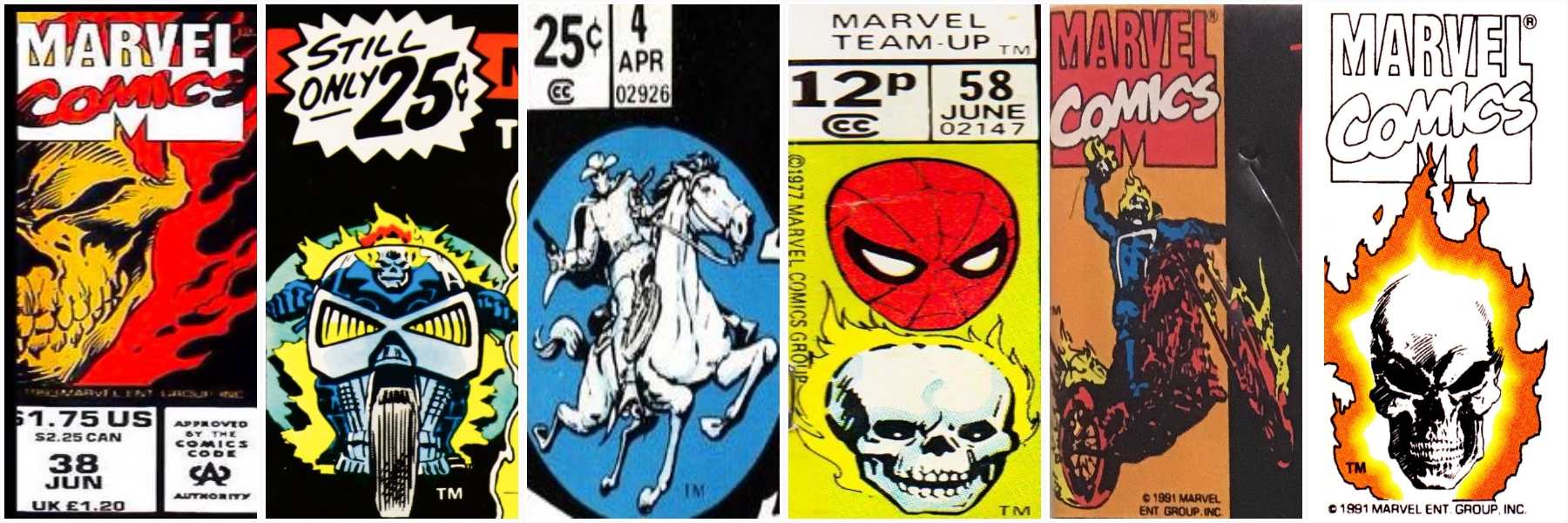Tiffany Babb | May 13, 2025
From court jesters to Charlie Chaplin’s The Great Dictator, humor has long been used to cut to the close of the unspeakable. The Monkey Meat series from Juni Ba, cartoonist behind Djeliya and Boy Wonder, applies this tradition to our current age of the corporation. Of course, Monkey Meat is not the first parody of the absurdities of capitalism, but it is certainly a fresh take on them.
Monkey Meat: Summer Batch, currently being published by Image Comics, is Ba’s return to his personal project. For those who have not delved into the world of Monkey Meat, this anthology series consists of short stories about the folks who are involved with the all-seeing, all-powerful Monkey Meat Corporation. Monkey Meat is funny, but also not. The stories ring dark, and get darker the more we think about (and see ourselves in them).

For new readers, I wouldn’t worry too much about catching up on the old stuff (though you should; the comics are good). While there certainly is Monkey Meat Corporation lore, readers will be able to jump into these new comics without any background knowledge. In fact, it’s the unexplained bits of lore that add a lot of the humor to this comic. Tucked in between and around the individual stories of Summer Batch are diagetic advertisements, letters, and general capitalist accoutrements that would be familiar in a regular comic or magazine but add another layer of humor to this collection.
Between the advertisements, the stories, and their “morals,” we get a sharply painted take on the horrors of capitalism and the stories that capitalism tells to make those horrors more palatable. If capitalism has a lie to tell every one of its participants (or victims), Ba has a great ear for writing them down. In fact, it is the little bureaucratic and commercial details that Ba uses, like AirBnb-style reviews, liability release forms, and job descriptions, that really make this comic sing. Ba coopts the aesthetics, easy stories, and technical language that adds a corporate sheen to much of the violence perpetuated by capitalist practices to highlight the dangers that lie beneath. The edge of the more physical violence of capitalism is filed off because of the energetic, fun language of comic book violence and the style Ba uses to depict it, but the edge is reinstated through the connections readers make as the lives of these characters begin to reflect their own.

That isn’t to say that the work is a downer. Monkey Meat is actually a very funny comic. But it is a serious work, and its eagle-eyed sharpness makes it stand out from the crowd of lesser books which attempt to take on the same topics with less specificity and biting humor. Money Meat may be working in the short story format, but because of the clear intention and clarity of vision of its creator, we see many facets of the traps that capitalism sets for everyone. At many points in the anthology, the Monkey Meat Corporation seems to fall into the slot of your typical evil sci-fi corporation, but then Ba will introduce a phrase or an idea that illuminates the issue and reveals once again that Monkey Meat isn’t a simply an evil sci-fi corporation, it’s pretty much just the regular old evil corporations that we see in our day to day lives.
Though most all of the stories are about work and labor, ownership and renting, Ba does not get tied down into a repetitive storytelling style. He is clearly considering what type of tone fits each story in hand. In one particularly memorable example, a scientist passes through a portal to reveal a page in a different paper tone than the ones she had previously inhabited. Ba likewise changes his storytelling style when telling the story of a god-like being. The anthology format works well for this topic but also for Ba’s creativity, as we can see many different aspects of his talent.
Ba’s art is bold and full of life, and his acting is served well by the hyper-dramatic ironic stories he tells.
 He uses a pared down palette with spot colors for his stories and then a fuller, more brightly colored palette for his advertisements, perhaps mimicking capitalism’s pattern of drawing the eye to the shiny new thing and away from The Horrors. His tactile graphic style is pleasing, and his action sequences are fun and dynamic. But even more effective than his general cartooning skills is his attention to how style can be used to create effect within story. Ba will render different types of characters in different styles within a single story, draft different levels of detail regarding their tone and shadowing. Because most of the stories take on different mini-genres, he leans into that as well. A story that follows a gaming streamer takes on the aesthetics of videogames and extraordinarily fun SFX moments.
He uses a pared down palette with spot colors for his stories and then a fuller, more brightly colored palette for his advertisements, perhaps mimicking capitalism’s pattern of drawing the eye to the shiny new thing and away from The Horrors. His tactile graphic style is pleasing, and his action sequences are fun and dynamic. But even more effective than his general cartooning skills is his attention to how style can be used to create effect within story. Ba will render different types of characters in different styles within a single story, draft different levels of detail regarding their tone and shadowing. Because most of the stories take on different mini-genres, he leans into that as well. A story that follows a gaming streamer takes on the aesthetics of videogames and extraordinarily fun SFX moments.
I am a big fan of anthologies, especially when they come from the mind of a single creative team or creator. The format gives the reader and opportunity to see the artist try different things, just as the format allows the artist to experiment, to layer stories upon each other and see how they turn out and make meaning together. For a project like Monkey Meat, the benefits compound, as we see variations on a theme, different art styles, different storytelling styles, and the wonderful slow yet frantic pacing of whatever it is that is so horrifyingly happening in the margins of the comic.
But beyond the actual qualities of the comic, which there are many, there’s just not a lot of books like Monkey Meat on the shelves, which makes this series all the more valuable.



















 English (US) ·
English (US) ·